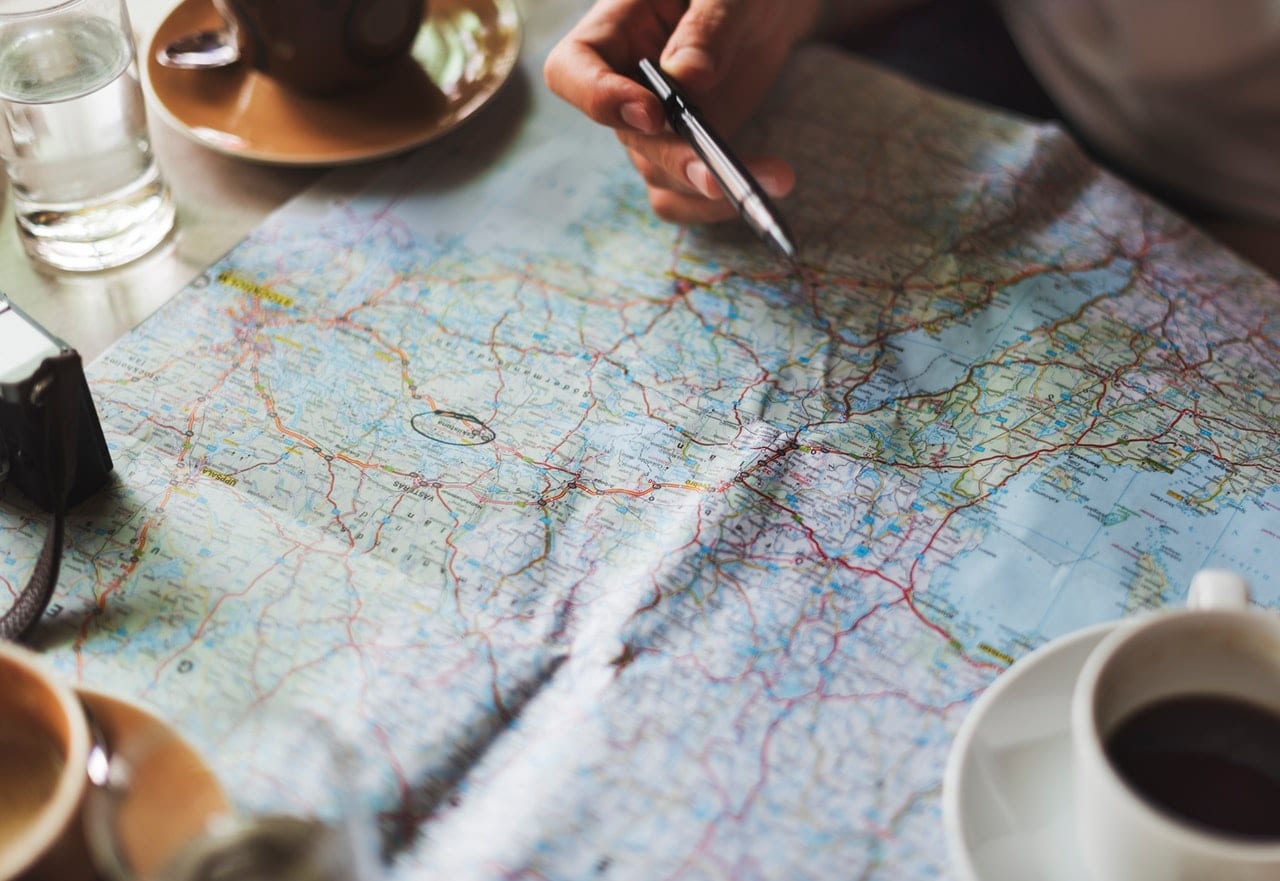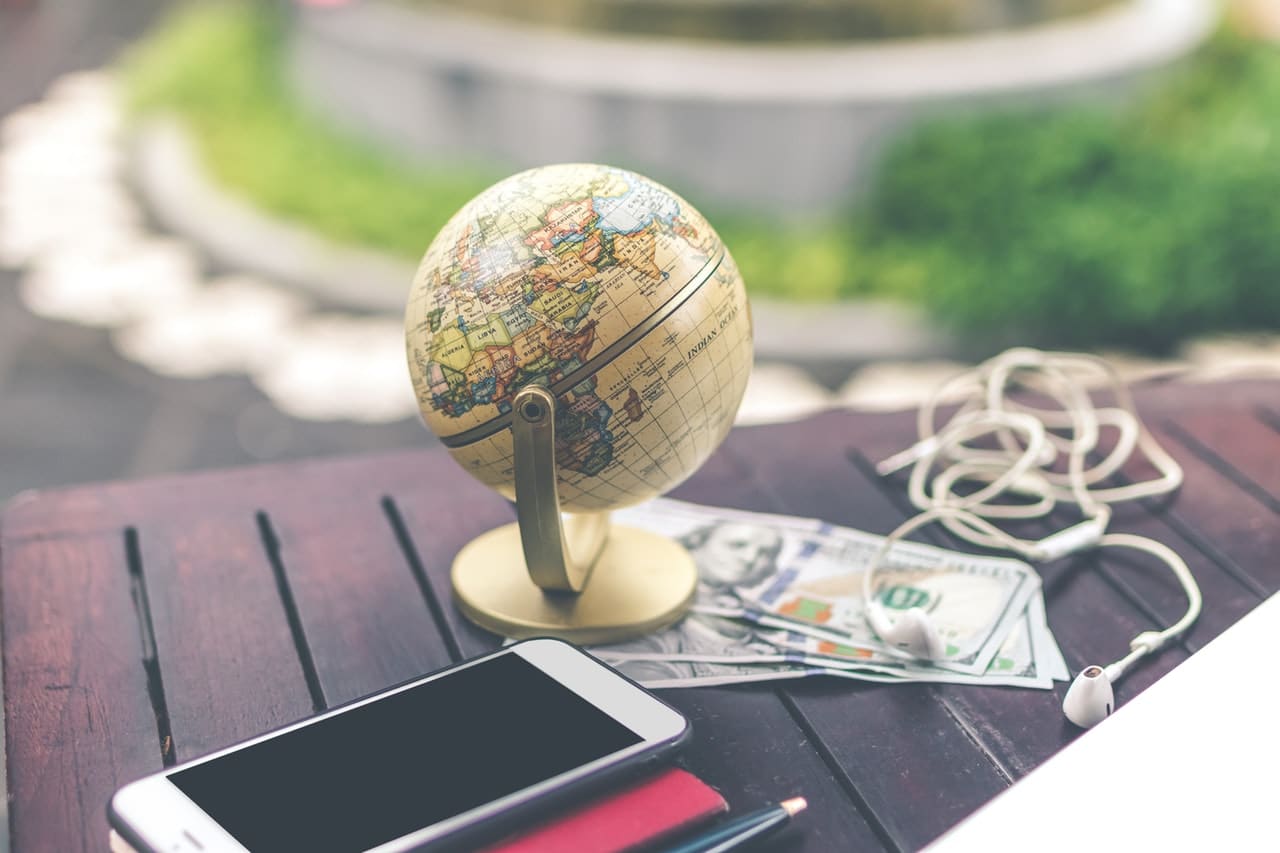Travel and tourism industry added $8.8 trillion worth revenue, more than 300 million jobs worldwide in 2018 and contributed to about 10.4% of all global economic activity. Anything that big in size needs to be continually evolving and data helps monitor the trends and predict future outcomes. And, this era of internet and artificial intelligence has a big part to play in the evolution of the travel industry. Data science has made a significant technological shift in the travel industry and it is making a major impact on other industries too according to James Cook University.
Today, if we remove the data science factor from the travel industry, most of the companies will experience the disruption. There are a variety of uses of data science in today’s travel industry. Here are seven of those.
IMAGE: PEXELS
1. Personalized Marketing
Hotels, airlines, and restaurants have a major role in the travel industry. And, for all the organizations involved in any of the three, Marketing is of utmost importance. Here’s where data science enters.
With Data Science, Personalized Advertisements Can Be Created
Here are examples for all three:
Hotels: With the help of segmented people, hotels can display personalized ads. For e.g., someone is traveling to Sydney & has searched for the Sydney Opera House. With data analysis program run over such data, an advertisement of a nearby hotel can be displayed for such a person.
Airlines: When someone is constantly searching for a particular place on the internet, the chances of them planning a trip are very high. In such a case, with the help of that data, Airlines companies can post ads with offers to lure that person.
Restaurant: Restaurants can also leverage data science for their business. With historical data, restaurants can apply predictive analysis to figure out that a person coming from a specific place will like to have either food from their home state or the specialty of their visiting state. This way, personalized ads such as ‘Bacon & Egg roll ad’ can be shown to someone visiting Sydney.
In short, data analysis combined with predictive analysis can make businesses make the right marketing decisions with a minimal cost. This also optimizes the conversions due to narrower audience targeting.
2. Support Bots
Travel bots are undoubtedly a value for tourists and travelers around the world. AI-powered bots can give exceptional assistance in client support & travel arrangement. With the help of data analysis, travel bots can recommend hotels, airlines, restaurants, etc. to the travelers. Support Bots such as Expedia can search for car rentals, airlines, cruises, hotels, etc.
Support bots can also give reminders & notifications based on the data they have collected for the journey. Sites such as JetBlue, Hyatt, Booking, etc. use such smart data science enabled bots to give a better & faster customer experience.
3. Analytics
Data Analytics & Visualization is a large part of Data Science. Usage of predictive analytics & real-time analytics has a role to play in today’s travel industry. With real-time analytics of traveler, businesses can figure out new deals based on the previous data & customer segmentation. With predictive Analytics, travelers can see a price forecast & businesses can involve dynamic pricing.
4. Recommendation Engines
This is possibly the most mainstream use of data science on the internet age, let alone the travel industry. From YouTube, Netflix, etc. showing content based on our likings, dislikings, and watch-time to Amazon displaying likable products, Recommendation engines are used everywhere.
In the travel Industry also, Recommendation engines are used significantly. Airplane Booking sites display Affiliated Hotels to the people traveling to other cities. A company can share data-powered deals based on customer segmentation in the form of recommendations. All in all, Recommendation engines are a gateway to personalized user experience.
5. Price Forecasting
Price forecasting is yet another output driven by the power of data. Airplane fares and Hotel prices are dynamic. Hotels can charge extra for AC rooms in the hot summer. Similarly, Airplane fares can change based on the time of the year and the number of seats available. Price forecast can help people find the appropriate time to get the best prices for their traveling and accommodation.
All of these is possible due to predictive analysis & Historic data. For e.g., Based on data of the previous year, these forecasting engines can show that the prices of Air Travel went high during summer vacations. In brief, price forecasting gives a visual of dynamic pricing predictions, which can be beneficial for customers to find the best prices.
6. Dynamic Pricing
While price forecasting can give a better idea to the people for the best time to buy, Businesses in the travel industry can leverage data for the other side. Dynamic pricing is not a new concept. Most of the online Hotel booking sites & Travel tickets sites leverage the data to come out with prices best for their business.
For e.g., Hotels can know that the particular week of the month has more tourists in the city. Based on those busy times, Hotels increase the price because of demand or decrease pricing to have a competitive advantage. Either way, with the help of data science, Businesses can provide dynamic pricing and make most of the moment.
7. Sentiment Analysis
If a business is a brand for people, they will definitely prefer that business over others. People have sentiments attached to particular companies, and they don’t mind sharing them. People share their opinion on social media like TripAdvisor, Twitter, etc. while they travel. Based on that data, strong brand value can be created by businesses. For e.g., Airline companies can offer better service & coupons for those who didn’t enjoy their experience.
Final Words
Applications of data science in the travel industry are major. A big part of the travel industry today uses Data science, whether for recommending hotels or Dynamically pricing Airlines. Long story short, travel businesses must implement data science in their daily processes, if they haven’t already. And, students should consider Data Science as a career opportunity as the implementations of Data Science aren’t limited to this 10.4% contributing industry.
If you are interested in even more technology-related articles and information from us here at Bit Rebels, then we have a lot to choose from.


COMMENTS